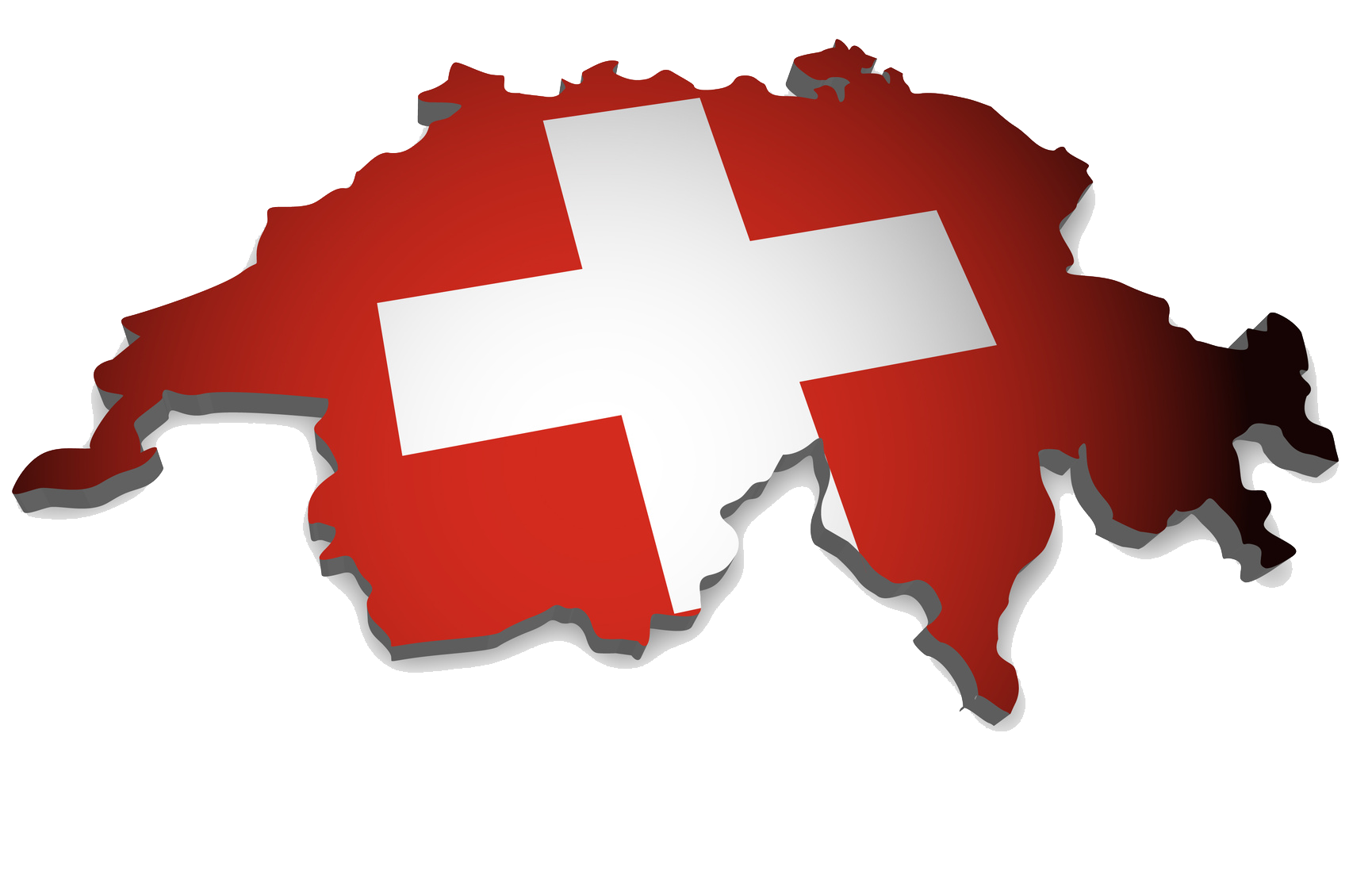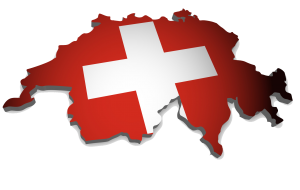Process of Getting Permanent Residence In Switzerland for Immigrants

Permanent Residence in Switzerland is the perfect solution for those willing to Immigrate to Europe
Though, It is much easier to stay in Switzerland just by obtaining a Swiss settlement permit. But after living for a period of 10 years precisely it is better to get a citizenship or a permanent residence in Switzerland to avoid any immigration related difficulties.
Who Can Apply For Permanent Residence in Switzerland
Different requirements and varied application timings may be applicable in the case of obtaining a permanent residence in Switzerland. The process usually turns out to be easier for European applicants {from both the European Union (EU) or European Free trade Association (EFTA) }.
Applicants who are not European nationals must stay in Switzerland for at least 10 years before applying for the permanent residency permit or Swiss Citizenship.
Application for Permanent Residence in Switzerland -Time-period & Deadline
Overseas applicants typically qualify for Swiss citizenship after 12 years of residence or for permanent residence after 10 years.
- Switzerland allows dual nationality as well. It means an applicant can also keep its birthright related nationality of any other country as long as the later permits him/her to keep it.
- Getting Married to any Swiss nationals
- Being second generation child of any earlier Swiss residents.
Expected Changes In Current Swiss Immigration Laws
Switzerland offers lesser application time caps for certain countries as well. American and Canadian citizens can apply and enjoy for a permanent residence or settlement permit C just after five years of stay in Switzerland.
Although certain changes in these terms have been imposed in 2014 which may come in force from the beginning of 2017. These Expected Changes are:
- Residents can apply after 10 years, instead of 12 years.
- Only residents holding a Swiss permanent residence (permit C) will qualify, which is granted after five or 10 years of residency depending on nationality.
- This will have considerable consequences on foreign residents who have lived in Switzerland on temporary permits (eg. B, L, F, Ci permits), as their years of residence will no longer count towards citizenship once the new law comes into effect.
- The total years of stay in Switzerland between the birthdays of eight and 18 years will count as double toward the residency requirement.
- The years spent in Switzerland with a temporary right to remain – for example, refugees or asylum seekers – count towards citizenship as half the years.
- Cantonal residency requirements need to be between two and five years, where candidates must be resident in that particular canton for a set period before applying.
- If foreign couples apply jointly they may both be required to fulfill the residence requirement.

These new amendments when come into force may shorten the application processing time for Permanent residency in Switzerland to 10 years from the earlier period of 12 years. Though it may still turn out to be difficult to achieve the permanent stay in Switzerland due to high demand.
Those who are willing to take Permanent Residence in Switzerland must take the advantage of these expected changes, act now, and complete the application process as early as possible.
Process For Getting Permanent Residency Permit in Switzerland
For making application for Permanent Residence in Switzerland, overseas nationals must apply after 10 years of stay in Switzerland. The application for a settlement permit, which is also known as the permanent residence permit of Switzerland, must be carried forward through the local cantonal authorities.
Related Read- Switzerland Job Market lures Immigrants
Process For Getting Swiss Citizenship
- For Swiss Citizenship, foreigners need to apply in three stages Confederation, canton, and commune after 12 years of initial stay.
- On the successful submission, the person will get an interview call from the federal authorities where he/she will by evaluated on the basis of his/her knowledge of culturally and socially integrations of Swiss society, Swiss customs and traditions, Swiss laws, and codes of conduct.
- If he/she is able to clarify the term to the Federal Office for Migration (FOM) he/she will be awarded a federal naturalization permit, a quantifier to Swiss Citizenship.
Finally, to achieve the actual citizenship he/she will require to all the terms and conditions of the Canton from where and which he is applying for the citizenship. The residence requirements, procedures, required time and administrative fees may vary considerably between cantons, with prices payable charges ranging anywhere from CHF 1,000–5,000. Additional costs may also be incurred to obtain criminal record certificates, debut registry certificates, etc. The Cantons may ask an applicant take a written or verbal naturalization test based on certain factors of the application and this test may also be applicable in the case of permanent residence permit applications as well.
Swiss Citizenship By Birth or Marriage
By Birth- There are two other ways to get Swiss Citizenship as well, One is by birth or parentage of a Swiss citizen. For this, an individual needs to satisfy that he/she is
- the offspring of married parents, one of whom is Swiss.
- born to an unmarried Swiss father, if the paternity is acknowledged before the age of 22.
- a foreign child under 22 years old who was not included in the naturalization of a parent and has lived in Switzerland for five years, including one year immediately prior to the application.
- a child of a parent who lost their Swiss citizenship but can show close ties to Switzerland.
By Marriage- Another way is to by only wedding a Swiss citizen for at least three years and living in Switzerland for a total of five years, provided that the partner living in Switzerland for at least one year.
One can even apply for naturalization permit if the person, staying in abroad, can still prove that he/she have close links with Switzerland and have been married to a Swiss citizen for six continuous years. In this case, the application mentioning the reason of being abroad must be submitted to the FOM or the Swiss embassy or the consulate.

 Recent Changes to Canada’s Work Permit Rules and its impact on Immigrants from India
Recent Changes to Canada’s Work Permit Rules and its impact on Immigrants from India  Applications for UK Immigration witness major decline as the Immigration Laws undergo significant changes
Applications for UK Immigration witness major decline as the Immigration Laws undergo significant changes  Recent Changes to Canada’s Temporary Foreign Worker Program (TFWP) Effective May 1, 2024
Recent Changes to Canada’s Temporary Foreign Worker Program (TFWP) Effective May 1, 2024  Immigration Process to Latvia and Job Prospects
Immigration Process to Latvia and Job Prospects  Notario Fraud- a rampant fraudulent practice trapping immigrants to US and Canada
Notario Fraud- a rampant fraudulent practice trapping immigrants to US and Canada  Canada Immigrant Investor Program 2024- loaded with many good features- Check out here
Canada Immigrant Investor Program 2024- loaded with many good features- Check out here  What actions by Trump Government are in store for illegal immigrants in US? What are Challenges to deport illegal immigrants from US?
What actions by Trump Government are in store for illegal immigrants in US? What are Challenges to deport illegal immigrants from US?  What are changes in Canada Start up Visa Program and Self-Employed Persons Program. How would it affect the potential immigrants to Canada?
What are changes in Canada Start up Visa Program and Self-Employed Persons Program. How would it affect the potential immigrants to Canada?